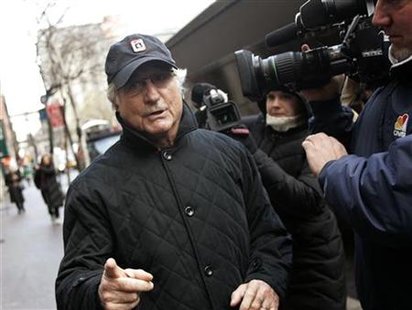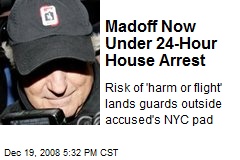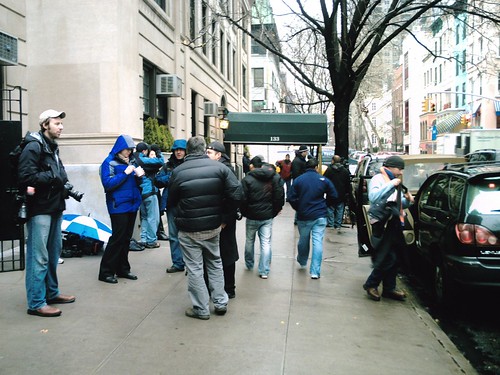Sanders is a self-described democratic socialist, and has praised European social democracy. He is the first person elected to the U.S. Senate to identify as a socialist. Sanders caucuses with the Democratic Party and is counted as a Democrat for the purposes of committee assignments, but because he does not belong to a formal political party, he appears as an independent on the ballot. He was also the only independent member of the House during much of his service there.
Sanders's political career began in 1971, when he joined the anti-Vietnam War Liberty Union Party in Vermont. Sanders was an unsuccessful Liberty Union candidate for election to the Senate in 1972 and 1974 as well as for governor of Vermont in 1972 and 1976. In his initial campaign, Sanders received only 2% of the vote, but his subsequent races for Senate and Governor were slightly more successful, his highest vote tally being 6 percent.
In 1979, Sanders resigned from the Liberty Union party and worked as a writer and the director of the non-profit American People's Historical Society. In 1981, at the suggestion of his friend Richard Sugarman, a religion professor at the University of Vermont, Sanders ran for mayor of Burlington and defeated six-term Democratic incumbent Gordon Paquette by 12 votes, in a four-way contest. (An independent candidate, Richard Bove, split the Democratic vote after losing the primary to Paquette).
Sanders won three more terms, defeating both Democratic and Republican candidates. In his last run for mayor, in 1987, he defeated a candidate endorsed by both major parties.
During Sanders's first term, his supporters, including the first Citizens Party City Councilor Terry Bouricius, formed the Progressive Coalition, forerunner of the Vermont Progressive Party. The Progressives never held more than six seats on the 13-member city council but held enough votes to keep the council from overriding Sanders's vetoes. Under Sanders, Burlington became the first city in the country to fund community-trust housing. His administration also sued the local cable television provider and won considerably reduced rates and a substantial cash settlement.
Sanders ran for governor for the third time in 1986. He finished third with 14.5% of the vote – enough to deny incumbent Democrat Madeleine Kunin a majority; she was then elected by the state legislature, pursuant to Vermont law. In 1988, when seven-term incumbent Representative Jim Jeffords made a successful run for the Senate, Sanders ran for Jeffords's vacated seat in the House and narrowly lost to Peter P. Smith, the former lieutenant governor and the 1986 Republican candidate for governor. Sanders again ran against Smith in 1990. In an upset, he took 56% of the vote and defeated Smith by 16 points, becoming the first independent member of the House since 1950.
Sanders's political career began in 1971, when he joined the anti-Vietnam War Liberty Union Party in Vermont. Sanders was an unsuccessful Liberty Union candidate for election to the Senate in 1972 and 1974 as well as for governor of Vermont in 1972 and 1976. In his initial campaign, Sanders received only 2% of the vote, but his subsequent races for Senate and Governor were slightly more successful, his highest vote tally being 6 percent.
In 1979, Sanders resigned from the Liberty Union party and worked as a writer and the director of the non-profit American People's Historical Society. In 1981, at the suggestion of his friend Richard Sugarman, a religion professor at the University of Vermont, Sanders ran for mayor of Burlington and defeated six-term Democratic incumbent Gordon Paquette by 12 votes, in a four-way contest. (An independent candidate, Richard Bove, split the Democratic vote after losing the primary to Paquette).
 Bernard Madoff walks back to |  Former Bernard Madoff Aide Has |  Madoff House Arrest Ordered as |  Madoff is under house arrest |  Bernie Madoff\x26#39;s Wife Makes |
 arriving for house arrest; |  Bernie Madoff (rhymes with |  Bernie Madoff (credit: Stephen |  Bernard Madoff placed under |  Bernie Madoff in prison is |
Sanders ran for governor for the third time in 1986. He finished third with 14.5% of the vote – enough to deny incumbent Democrat Madeleine Kunin a majority; she was then elected by the state legislature, pursuant to Vermont law. In 1988, when seven-term incumbent Representative Jim Jeffords made a successful run for the Senate, Sanders ran for Jeffords's vacated seat in the House and narrowly lost to Peter P. Smith, the former lieutenant governor and the 1986 Republican candidate for governor. Sanders again ran against Smith in 1990. In an upset, he took 56% of the vote and defeated Smith by 16 points, becoming the first independent member of the House since 1950.
 Home detention with electronic |  Bernard Madoff walks back to his apartment in New York in this December 17, |  Accused scammer Bernie Madoff |  Madoff Now Under 24-Hour House |  Ezri Namvar under house arrest |





No comments:
Post a Comment